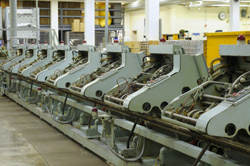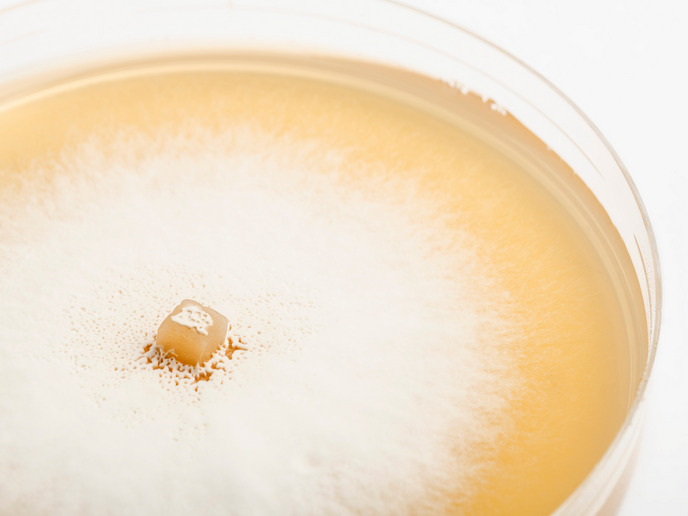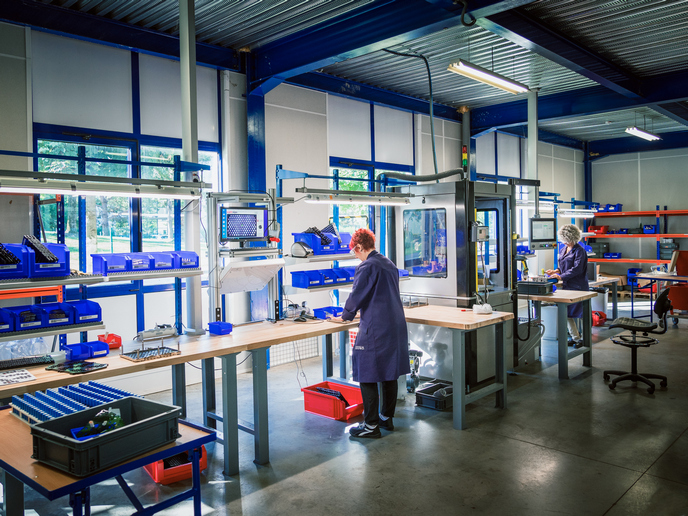Control of noise in industrial settings
Noise pollution from modern industrial activities has been identified as an environmental problem of growing importance. Especially within machine halls, noise levels often exceed the legal regulations for employee exposure to noise. Aiming to assist the industrial sector in adapting to increasingly more restrictive European environmental regulations, the NOISELESS project partners have developed innovative tools for controlling the sources of noise. Sound generated by vibrations of machines' mechanical parts could be minimised through the intervention of sensors and actuators. Project partners at the Catholic University of Leuven focused on improving the efficiency of an active structural acoustic control system that depends on the location of selected sensors. After the identification of the most suitable control configuration, the next step in the system's design was to implement an efficient processor of the sensor information sending control signals to the actuators. The approach adopted for the control algorithm was motivated by the idea that it should be possible to improve the performance of the system that repetitively executes the same task. Modifications to the input signal applied by an iterative learning algorithm during the operation of the system lead the enhancement of its future performance. The active control strategy, which can be a solution for restrictions of passive methods such as enclosures and sound absorbing materials, has been successfully validated on a laboratory model of a punching machine.







